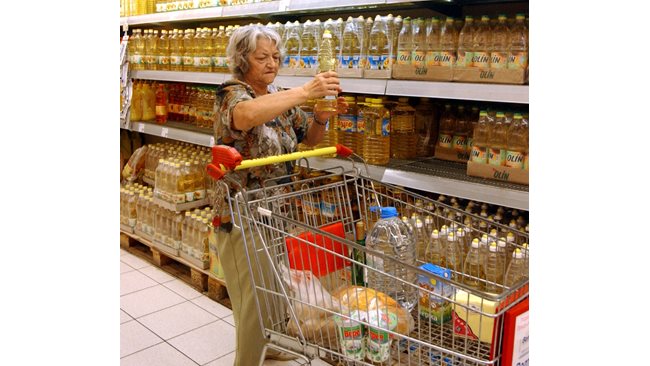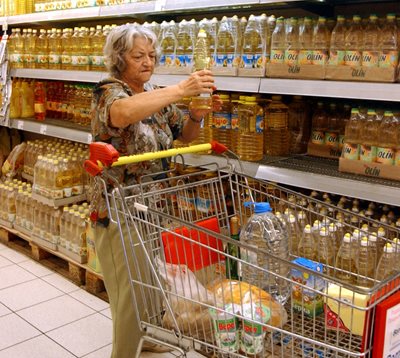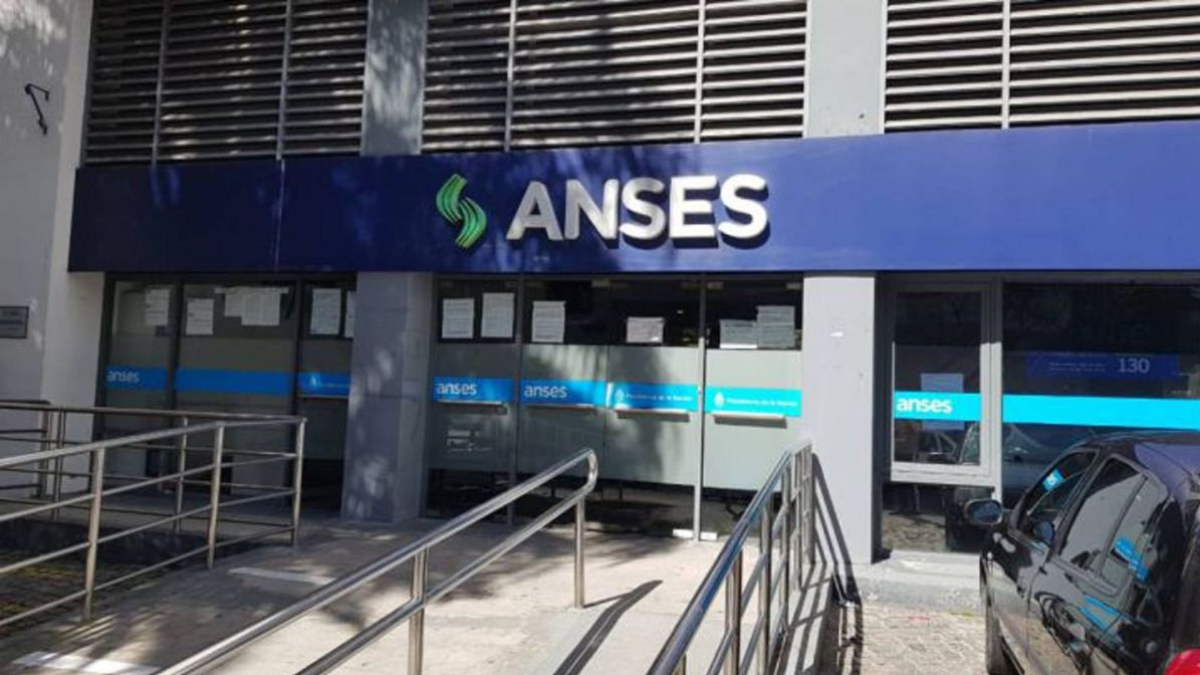–
PHOTO: “24 HOURS”
–
The people are still not hungry, but are visibly reducing the consumption of some foods
Going to the market near Giurgiu and Edirne, where many products are cheaper, tightening the belts for unnecessary expenses, postponing planned expensive purchases and looking for additional work are the ways for Bulgarians to cope with the sharp rise in prices.
Although inflation is already 10% and food prices have risen by 30% per year, deprivation is not leading to starvation. But at the end of last year, when the annual increase was 6%, the statistics caught
restriction of
consumption namely
of those foods that
they rose the most
Meat and sausages, for example, whose prices have risen minimally or not at all, are consumed more at the end of 2021 than at the end of 2020. But the opposite is true for vegetables and fruits – buying them is declining. In the winter on our market there are only greenhouses, whose prices jumped by more than 30% due to the double rise in price of natural gas, which heats greenhouses. Then it came to the phenomenon that a kilo of pork is cheaper than a kilo of tomatoes, which hit BGN 7 per kilo, and some cuts of pork in large retail chains were a maximum of BGN 6.50.
It also reduces the consumption of bread (see infographic), whose increase to date is 12%. But the restriction of bread has been a trend for at least 15 years and is more related to the pursuit of a healthier life.
It also reduces the consumption of milk and dairy products, although slightly, their prices are also about 20% higher than a year earlier.
Heating costs have almost doubled in the winter, despite a moratorium on heating and electricity prices at least yesterday. A family from a Plovdiv village, for example, heated their house with pellets, paid BGN 650 in January and February, while last winter they paid twice less (see page 3).
The consumption of electricity, natural gas and heat does not depend at all on their prices, but on how cold the winter is, according to NSI data. In December 2021, for example, Bulgarians consumed 3384 gigawatt hours of electricity, and in December the previous year – 3264 gigawatt hours, although its price was lower then. It’s just that last winter was colder. It is the same with heating and natural gas, and the trend continues in January 2022. And coal, wood and briquettes have doubled in price in one year, but especially people with small children can not freeze.
Generally
families postpone
currently more expensive
purchases such as
apartment and car
The first to feel this were the developers, who at the beginning of the year chose not to sell green homes. A cooperative is being built in 2-3 years and no one knows what the real price will be until then, because construction materials have become more expensive.
At the same time, brokers are complaining that more and more of their clients, even those to whom a bank has already granted a mortgage loan, are refusing or turning to old construction.
At the state level in Bulgaria there is no comprehensive strategy for dealing with the situation, the unions claim. According to the deputy head of the Institute for Social and Trade Union Research Violeta Ivanova, the main means of maintaining the solvency of households and reducing poverty is the accelerated increase in the minimum wage and the wages of low-paid workers.
“In this crisis situation, it is not advisable to talk about what Bulgarian households should be deprived of, because they have already limited themselves enough and reduced their family budget. The focus should be on government measures to limit the damage from the extreme rise in prices, including vital goods, “Ivanova told 24 Chassa.
according to her
must be
reduce fees
on energy,
to put a ceiling on final consumer prices and to provide targeted aid to low-income households.
“It is worrying that inflation has consumed the nominal increase in the minimum wage by 9.2% since April 1. About 870 thousand of the employees with paid tax up to the amount of the minimum wage are experiencing serious difficulties due to the rising cost of living, and the feeling of inflation is higher due to rising prices of basic necessities, which have high costs share in their family budget, “she said.
According to CITUB calculations, the minimum wage in Bulgaria should have been BGN 760 as of January 1, 2022.
–



